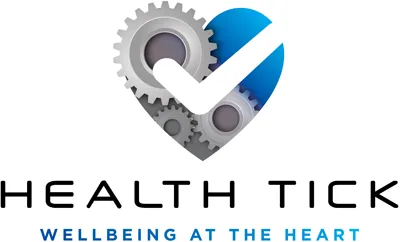
By Glenn Dobson, CEO, The Drug Detection Agency Group
A recent unfair dismissal case before the Fair Work Commission has brought workplace drug testing policies back into the spotlight. A security guard was terminated after testing positive for methylamphetamine and amphetamine. The employee admitted to using drugs the weekend prior, claiming he didn’t realise the substances would still be in his system during his shift. He also argued that he wasn’t aware of the employer’s drug and alcohol policy. The employer, however, had followed a clear, structured process, including the use of an accredited third-party testing provider, a formal disciplinary procedure, and a well-documented policy.
The Commission found the dismissal to be fair and lawful.
This case offers critical lessons for all employers, particularly those in safety-sensitive industries, about how to implement workplace drug testing policies properly and defensibly.
Use Accredited Testing Providers
The employer engaged a professional, independent provider to conduct oral fluid testing, confirm the results with laboratory analysis, and involve a toxicologist to interpret the findings. This kind of due diligence ensures procedural fairness and supports the legal integrity of any disciplinary decision. Using accredited third parties also protects employers from allegations of bias, mishandling, or improper chain of custody.
Follow Due Process and Stick to Policy
The employer didn’t act on a whim — they followed a structured, transparent process. The policy was applied consistently, a show-cause letter was issued, the employee was given a chance to respond, and only then was a termination decision made. The Commission upheld that the employee had breached a lawful and reasonable workplace policy, and that it wasn’t necessary to prove impairment on the shift, the drug use and policy breach were enough.
Training Is Critical — A Policy Is Useless If No One Knows It
One of the key takeaways is the employee’s claim that he didn’t know about the policy and didn’t realise the drugs he took days earlier could still result in a positive test. That’s not a defence but it is a wakeup call. Employers must make education around drug and alcohol policies an ongoing priority. It should be a part of induction, safety meetings, and annual refreshers. If employees are unaware of the risks or the rules, it puts everyone at risk, including the organisation.
This case isn’t about catching someone out it’s about what happens when systems work. A strong, fair, and well-communicated workplace drug policy protects everyone. For businesses in safety-critical sectors, there’s no room for ambiguity.
Employers should ensure they are using only accredited third-party testing providers who can deliver lab confirmation and expert interpretation. Policies must be applied consistently, backed by clear procedures and documentation. Most importantly, education must be embedded into the workplace culture. Employees need to understand the risks of drug use, the rules of the workplace, and how their choices can impact safety and employment. When these elements come together, they form a robust system that supports both accountability and wellbeing.
Employers: this is your signal to check your policy, renew your training approach and confirm you are using a qualified independent third party testing provider.
This is exactly what TDDA does each and every day and why our experience and processes ultimately ensure we work towards our mission – “to protect the girl on the bike”

